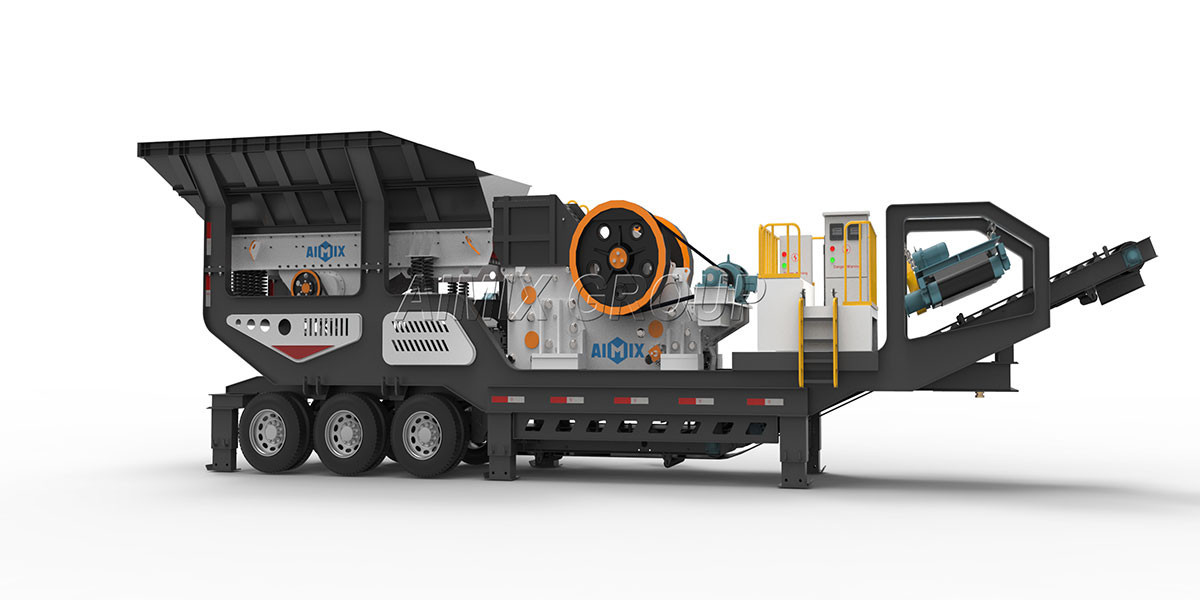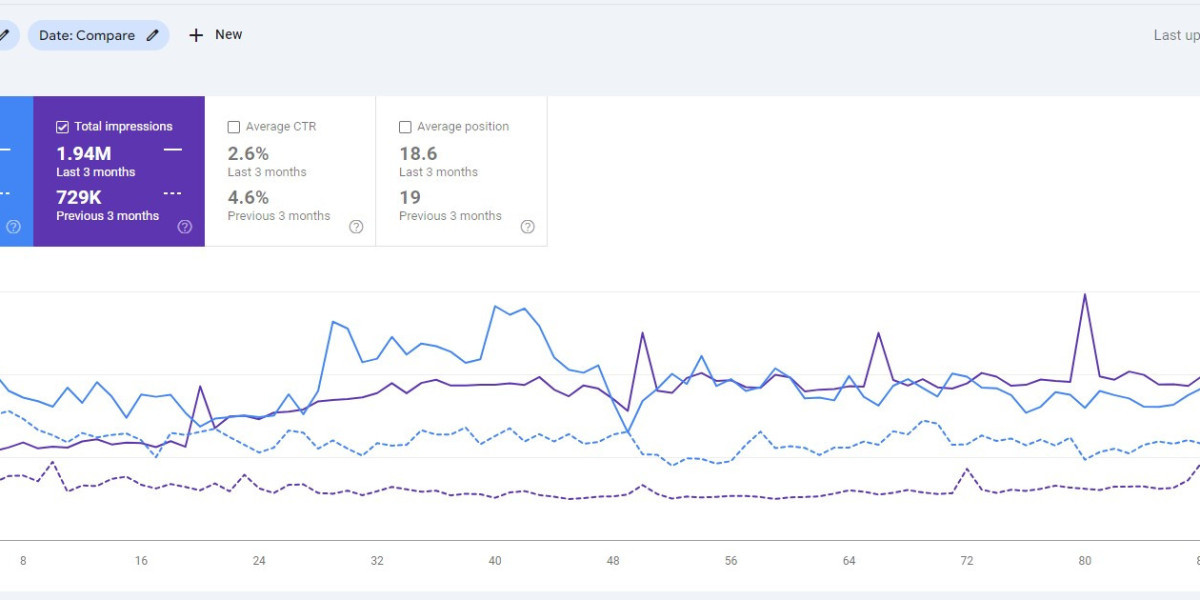Crusher plants are integral components of various industries, including mining, quarrying, and construction, responsible for processing raw materials into usable aggregates for a multitude of applications. Understanding how these plants work is essential for optimizing production efficiency and ensuring the reliable supply of materials for construction projects.
1. Overview of Crusher Plant Components:
At the heart of every crusher plant are primary components such as crushers, screens, conveyors, and control systems. Crushers, including jaw crushers, cone crushers, and impact crushers, are the primary machines responsible for breaking down raw materials into smaller, manageable sizes. Screens separate the crushed material into different size fractions, while conveyors transport the material between various stages of the crushing process.

2. Crushing Process:
The crushing process in a crusher plant typically involves several stages, each designed to progressively reduce the size of raw materials. Initially, raw materials are fed into the crusher's hopper, where they are evenly distributed and fed into the crushing chamber. Depending on the type of crusher and the desired end-product, the crushing chamber may feature jaws, cones, or impactors that exert force to break down the material into smaller pieces.
3. Material Screening and Classification:
After the initial crushing stage, the crushed material passes through screens to separate it into different size fractions. Screens may utilize vibrating mechanisms or rotating drums with perforated plates to classify the material based on size. By controlling the size of the openings in the screen, operators can adjust the size of the final product, ensuring it meets desired specifications.
4. Material Handling and Conveying:
Efficient material handling and conveying systems are essential for transporting raw materials between various stages of the crushing process. Conveyors play a critical role in facilitating the continuous flow of material from the primary crusher to secondary crushers, screens, and storage bins. Belt conveyors, in particular, are commonly used in crusher plants due to their reliability, versatility, and ability to handle a wide range of materials.
5. Control Systems and Automation:
Modern crusher plants are equipped with sophisticated control systems and automation technology to optimize operations and ensure safety and efficiency. These systems monitor various parameters such as crusher settings, material flow rates, and equipment status in real-time. Automated control algorithms adjust crusher settings dynamically to optimize production efficiency, minimize downtime, and prevent damage to equipment.

6. Maintenance and Service:
Regular maintenance and service are essential for ensuring the reliability and longevity of crusher plants. Scheduled inspections, lubrication, and component replacements help prevent unexpected breakdowns and prolong equipment lifespan. Additionally, proactive maintenance practices, such as predictive maintenance and condition monitoring, allow operators to anticipate and address potential issues before they escalate into costly problems.
7. Environmental Considerations:
Crusher plants must also adhere to environmental regulations and considerations to minimize their impact on surrounding ecosystems and communities. Dust suppression systems, water sprays, and enclosed conveyor systems are commonly employed to control dust emissions and mitigate environmental pollution. Additionally, crusher plants may implement measures such as noise barriers and landscaping to reduce noise levels and enhance visual aesthetics.
Conclusion:
Crusher plants are intricate systems designed to efficiently process raw materials into usable aggregates for construction projects. By understanding the crusher plant working, operators can optimize production efficiency, ensure product quality, and minimize downtime. Through careful management of the crushing process, effective material handling, utilization of advanced control systems, proactive maintenance practices, and adherence to environmental regulations, crusher plants play a vital role in supplying the essential building blocks for infrastructure development and construction projects around the world.








